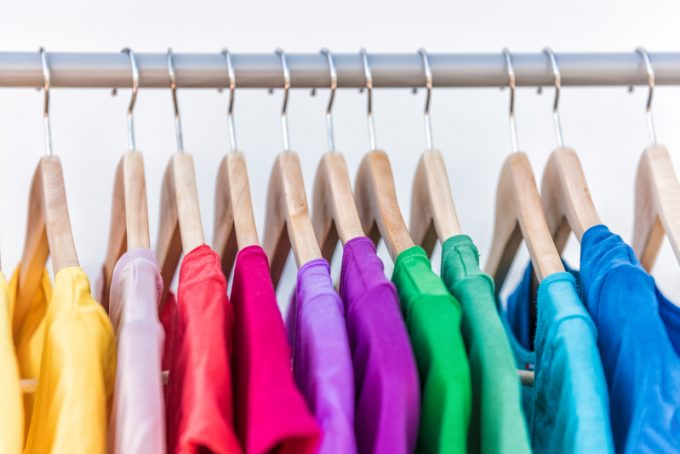New laws on goods made using forced labour could split supply chains
Stricter due diligence laws surrounding the import of products made using forced labour could shake ...

Fashion brands are in hot water following a report claiming 46% of them continue to benefit from using forced labour in their supply chains.
During the past two years, the Business & Human Rights Resource Centre, through its KnowTheChain project, surveyed 65 apparel and footwear companies, awarding them points for commitment and governance surrounding the use of forced labour, grievance mechanisms available for workers, the ability to trace where their goods are sourced, purchasing practices and remedy programmes should instances of slave or forced labour arise.
The report shows their average score dropping 20 points on 2020-21, to 21 out of 100, and 20% of the firms scoring just five points or fewer.
It said: “In the face of conflict, the climate crisis and economic instability, the risk of forced labour, company policy and practice is falling short. [Those surveyed] remain largely reactive to human rights violations, rather than evidencing robust, embedded human rights and environmental due diligence practices designed to prevent them.”
The Loadstar reached out to dozens of apparel brands cited in the report, several responding simply with “no comment”.
A spokesperson for Primark, however, welcomed the efforts made by KnowTheChain, noting it had achieved a ranking of seventh among the companies surveyed, and said: “The results reflect our continued commitment to support decent and safe workplaces for workers in our supply chain.”
Policy researcher and content editor for thinktank Fashion Roundtable Meg Pirie said the report was one of many that “should raise concerns” over the sourcing of apparel and the connection to “exploitative supply chains” that lacked transparency.
“We’d like the UK follow the European Council direction towards corporate sustainability due diligence directive, which aims to enhance protection of the environment and human rights, as well as the new regulations on extended producer responsibility,” she told The Loadstar.
Of particular and continuing concern, said the report, was the prevalence of allegations relating to the use of Uyghur forced labour. A raft of legislation aimed at combatting Uyghur forced labour has been enacted globally in recent years, with US Customs seizing some $43m worth of apparel, footwear, and textile shipments believed to be in breach of its 2021 Uyghur Forced Labour Prevention Act.
The report claimed legislation like that in the US, Canada, the EU, New Zealand, Norway and South Korea was having a marked impact on global supply chains.
It said: “Data suggests that Asian countries and the US are diversifying their textile imports away from China, with reports that exports to the US from Xinjiang [where Uyghurs are detained] were down 90% in February 2023, eight months after the law came into effect.
“Canada, Mexico, and the EU are also developing similar regulations to ban goods produced with child and forced labour.”
A spokesperson for Asos noted that it was a signatory to the Coalition to End Forced Uyghur Labour, adding that the company had acted to end its sourcing from Xinjiang.
As the secretariat for the Fashion All Party Parliamentary Group, Ms Pirie said Fashion Roundtable had held an evidence session on the subject of the Uyghur crisis. She said: “The role of the industry in perpetuating and tacitly supporting human and labour rights abuses globally, with a specific focus on the cotton industry, was made clear.
“The APPG heard clearly how involved the fashion and textiles industries are in the use of forced labour in Xinjiang.”
Comment on this article